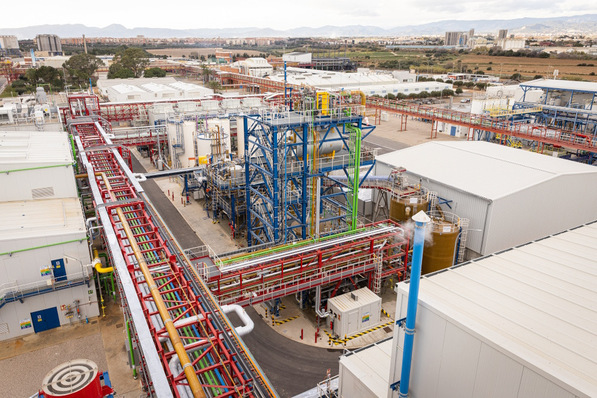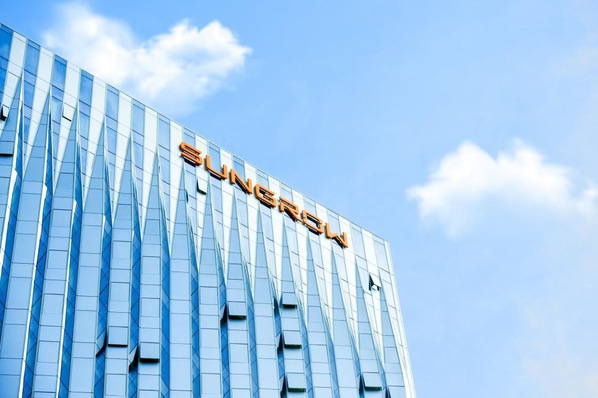This is a two-part interview. We suggest – if you haven't already – that you read Part 1 first and then come back here.
How has the corona crisis affected you?
Despite Corona, our order books remain full. We are again 60 to 70 per cent above the previous year. The German-speaking region was completely unimpressed by the pandemic. The lockdown in export markets such as Italy, Greece, Spain and Jordan affected us much more. However, our sales volumes in these markets are proportionately much smaller than in German-speaking countries. Nevertheless, we are still around 25 per cent up on the same period of the previous year for the year as a whole. March and April were severely affected, but we were already seeing a significant revival of business in May.
What challenges did you have to overcome during the pandemic?
Our business unit is embedded within Kostal Industrieelektrik with more than 450 employees. During the lockdown only about a quarter worked in the company. Above all, production had to continue, with the relevant requirements for hygiene and safe distances. Many employees worked from home. That worked much better than initially expected.
Were there bottlenecks with the suppliers?
Of course we had problems with deliveries from China, that had affected everyone. But the size of Kostal helped us. Our company has its own purchasing department in China, which we could rely on. That's why the production at our company in Hagen kept going almost without a break. It was more difficult to compensate for the shortfalls from suppliers in the EMEA region, for example for thermoformed parts from Poland or plastic parts from Spain.
Assuming there is no second corona wave: How will you end the year 2020?
Based on my own estimates, I would say that we will sell about 50 per cent more units in 2020 than in 2019, but this is only a very vague estimate, because nobody knows what surprises are still in store for us as part of the corona crisis. In general, the signs in the markets are very positive for private and small commercial customers. Many people are insecure and want to invest their money in a crisis-proof manner. To generate energy sustainably yourself is certainly one of the better investments.
What technical trends are shaping the inverter business?
First and foremost, the integration of batteries, not only for private customers, but also in business. We have opted for high-voltage systems because they allow the highest efficiency. The demand for storage batteries is also growing internationally. This topic is also becoming important for single-phase inverters, for example in Australia, Italy, Spain or the Netherlands. It is starting everywhere now. The Australian market is already about as large as the German storage market.
What requirements do the installers have?
They want to cover a wide range of applications with as few components as possible and a manageable amount of training. If you know one system, you know them all. A familiar system environment increases the productivity of our installation partners and reduces their calculation risks. The systems must be simple and quick to install. And they must help ensure that our installers always impress the end customer with their competence. The integration of our systems into the smart home or into higher-level energy management systems is also becoming increasingly important.
The focus is on self-consumption ...
Clearly, the aim is to increase the amount of solar power consumed by the customers themselves. In power electronics, the trend is towards components made of silicon carbide and higher cycle frequencies. This makes the devices even more efficient and robust.
Does emergency power play a role?
We used to have this functionality in our portfolio, but it was hardly in demand at the time. We never actually sold it. In the Plenticore Plus, this functionality was therefore not implemented. We are currently noticing that this topic is in demand more often, at least as a replacement power functionality. Even though grid stability is excellently guaranteed in our regions, this feature seems to be gaining in importance for some customers. We will retrofit this in the hardware of our Plenticore Plus in the next two years and bring it to the market. We are thinking in the direction of a replacement power supply. For an uninterruptible power supply we will continue to refer to professional UPS solutions.
How have prices developed – or how could they develop?
For the past two and a half years, we have seen relatively stable prices for products installed primarily in the private segment. We were able to technologically counteract a drop in prices by integrating additional functionalities into the inverters. On the other hand, the price pressure is much more pronounced for larger inverters. (mfo)
Frank Henn
is a qualified high-voltage electrician. He studied electrical engineering and economics at the University of Applied Sciences in Gummersbach. His professional career began at Stiebel-Eltron, as product manager for hot water appliances. He then moved to General Electric for six years, where he was responsible for sales of industrial switchgear in Central Europe. In 2003 he joined Solarworld as the board member responsible for sales. As of November 2017 he has been in charge of the solar division at Kostal in Hagen.
The Interview was conducted by Heiko Schwarzburger.







